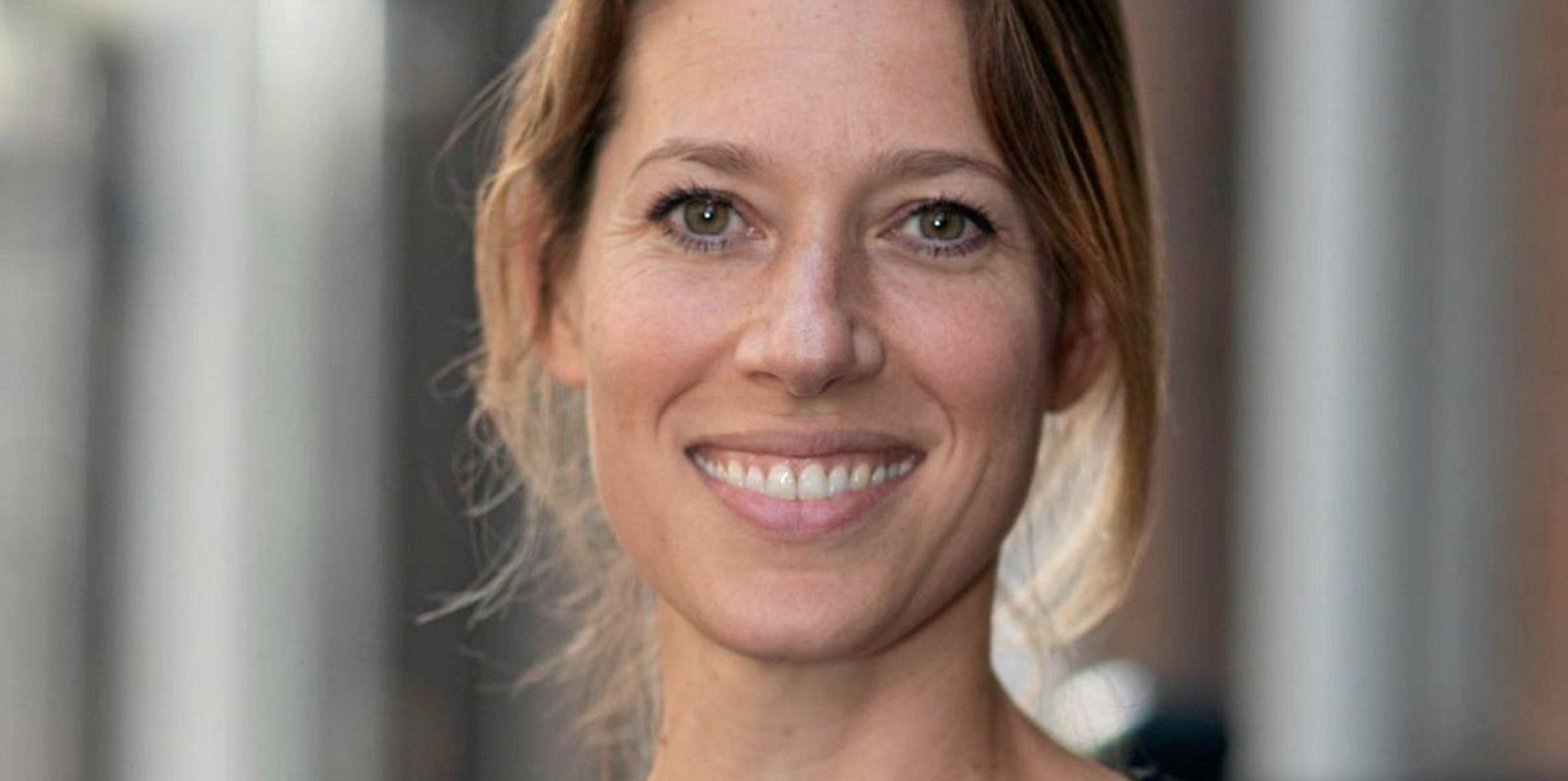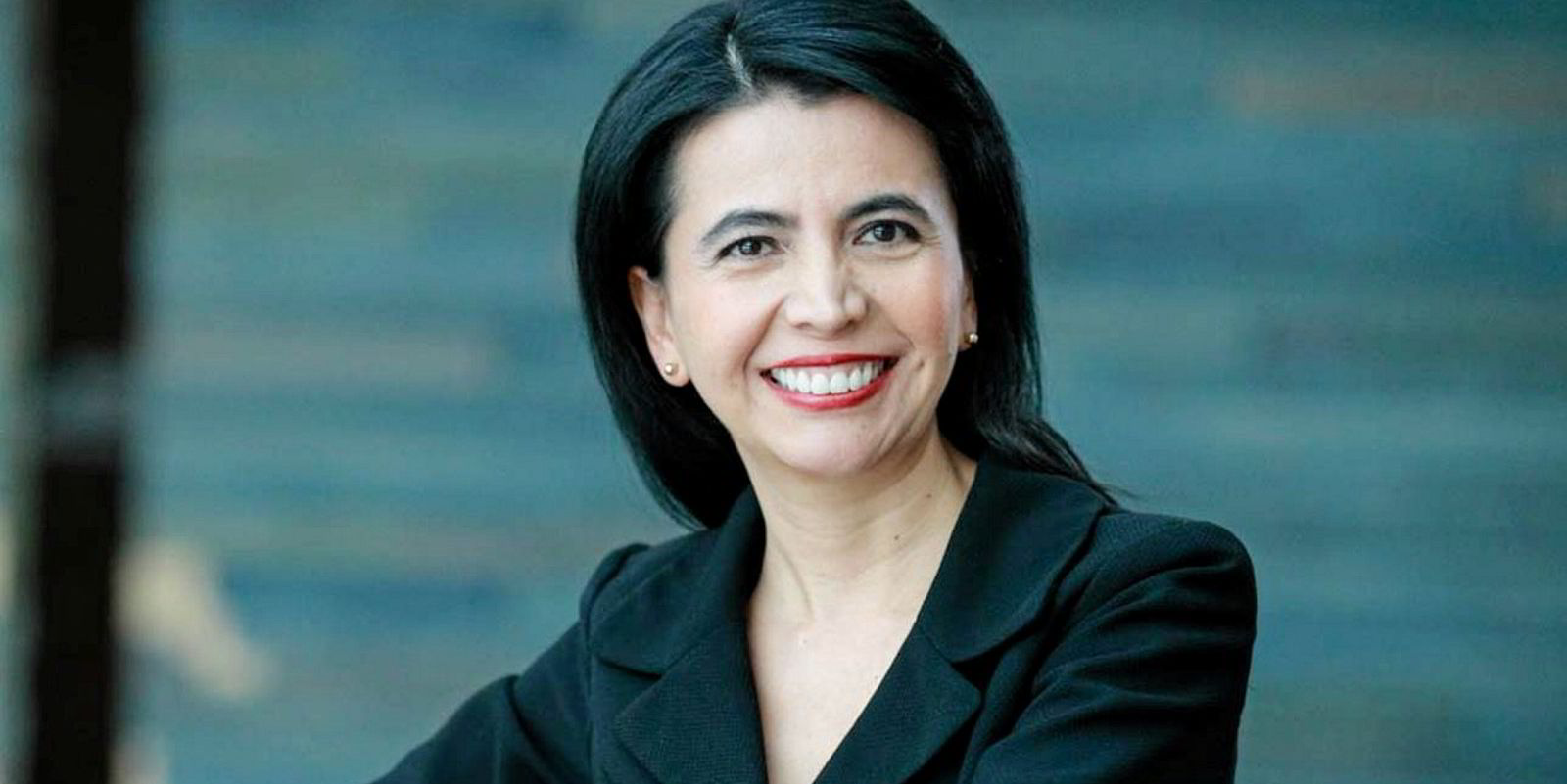Anneke van de Geijn has been appointed chief commercial officer at Dutch insect meal producer Protix.
Van de Geijn joins the company after spending more than 13 years at Dutch multinational dairy cooperative FrieslandCampina, where she held several positions over the years, including global sales director for food and beverages and group manager nutritional sciences.
Earlier this month, Protix also hired ex-Cargill Aqua Nutrition senior executive Jeroen van der Staay as its new chief growth officer.
Protix reached a “landmark” moment in the third quarter of 2020, successfully reaching full-scale operation and going beyond target capacity at its facility in the Netherlands, CEO Kees Aarts, told IntraFish.
“That is the biggest and most important milestone for any industry,” he said.
The company launched a 14,000-square-meter insect production facility in June 2019. It houses insects that convert up to 100,000 metric tons of vegetable residual flows into high-quality sustainable protein to serve aquaculture markets. More than €30 million ($37 million) was invested into the insect factory.
In February last year, Protix raised €15.5 million ($18.6 million) in fresh capital, giving the group funds to expand its operations internationally.
Existing shareholders Aqua-Spark, Rabo Corporate Investments and the Brabrant Development Company (BOM) participated in the round, and Dutch investment agency Invest-NL ploughed €7.5 million ($9 million) into the group as a new investor.
Rabo Corporate Investments became a shareholder in Protix in 2020, a few months after inaugurating its production facility in Bergen Op Zoom, Netherlands.
Feed companies such as Skretting, Nutreco and BioMar are already banking on the emergence of insects as an ingredient to stay in the aquaculture space, CEO Kees Aarts previously told IntraFish.



